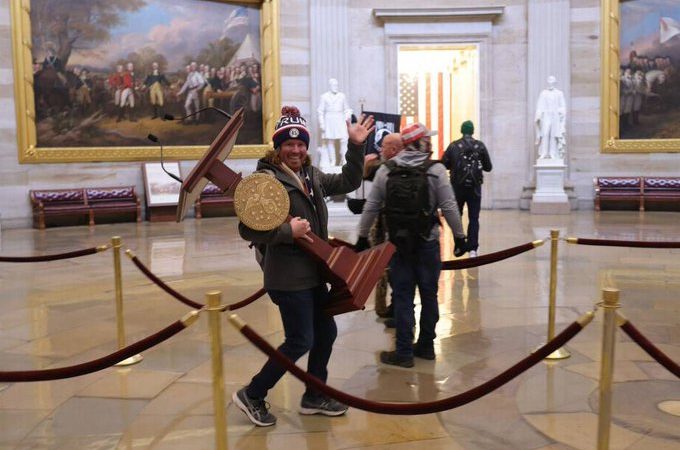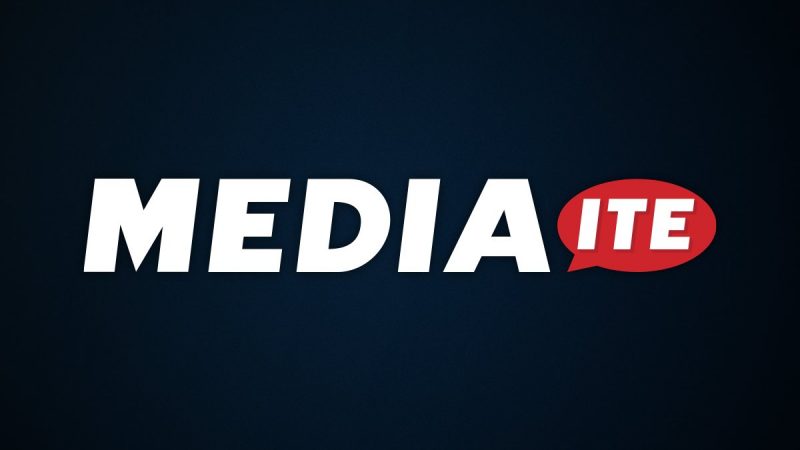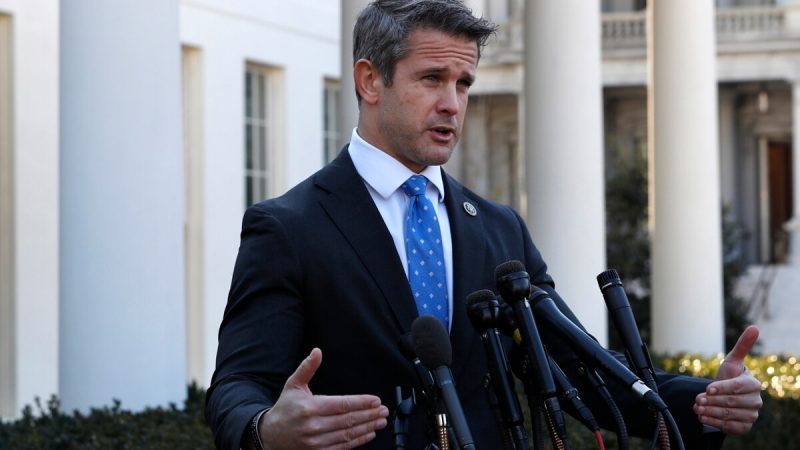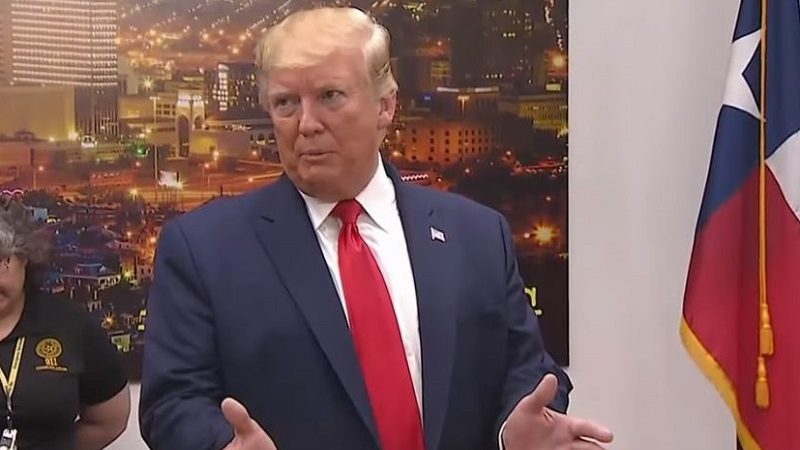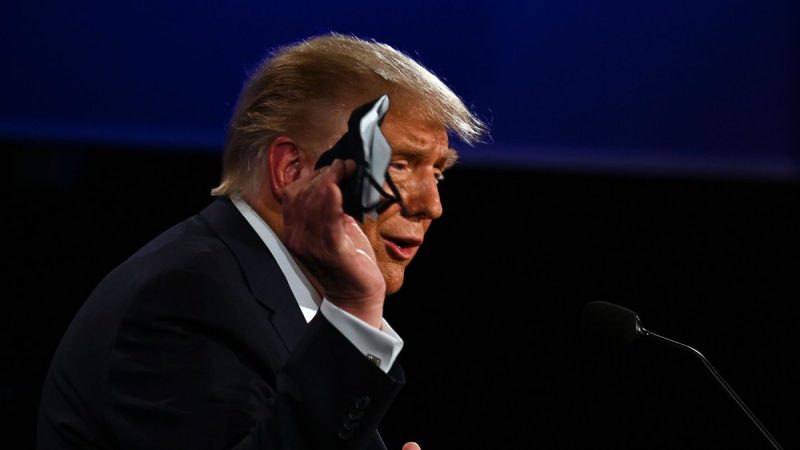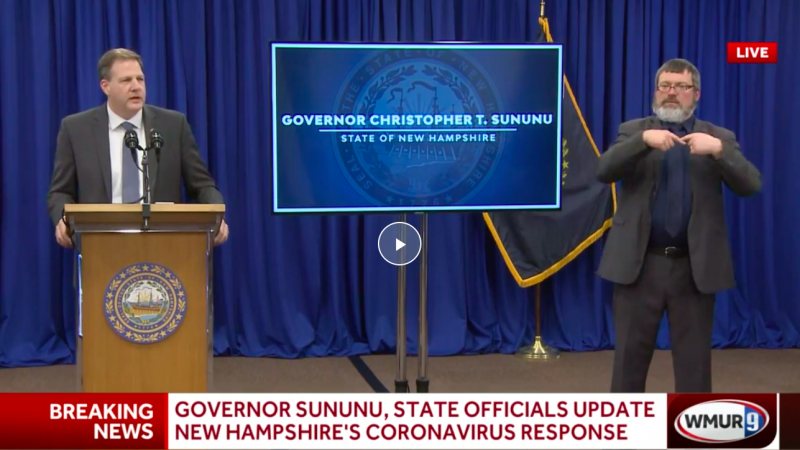Lawrence Lessig Deserves A Podium In The Democratic Debates

With the first Democratic debate coming up next week, now might be a good time to remember that Harvard legal theorist Lawrence Lessig is still running for President as a Democrat on the platform of a quick Constitutional realignment to correct the nation’s glaring campaign finance problems.
If you are interested in knowing what Lessig is all about, The New Yorker published a fine, introductory piece by Evan Osnos last October explaining what Lessig is attempting to do.
Lessig’s plan revolves around his political-action committee named Mayday PAC raising enough money and support for Lessig to be elected president. Once in office Lessig would, hypothetically, effectively legislate the end of Citizens United, the controversial Supreme Court ruling that legalized super PACs and opened the floodgates of campaign spending. And then he would resign.
The Mayday PAC is focused on legislating the Citizen Equality Act of 2017, a proposed bill with three main aims: to ensure the equal right to vote by creating automatic voter registration and a national, election day holiday; to ensure equal representation by restructuring the electoral process and ending the practice of political gerrymandering; and to have citizen-funded elections centered on small donations without the suffocating influence of revolving door lobbying.
Beyond these broad tenets, the specific details will be democratically crowd-sourced as the election progresses so that a Lessig victory would serve as a democratic mandate to pass the Citizen Equality Act. As soon as the act is signed into law Lessig vows that he will resign, even if it is passed on his first day in office.
Lessig notes the irony behind his effort to ban super PACs with a super PAC of his own, and also realizes the challenges ahead of him. He told Osnos that his presidential campaign has “the biggest chance to fail of anything I’ve ever done.” Looking at Lessig’s current irrelevancy in Democratic polling, this might be more obvious than Lessig would hope.
Despite the uphill struggle ahead, though, Lessig did raise $1 million over the summer, which is more than former Governor of Rhode Island Lincoln Chafee has raised. Lessig effectively polls on par with Chafee, both of whom receive somewhere between zero and one percent of Democratic support, though realistically much closer to zero.
Because Lessig remains under the radar, Senator Bernie Sanders of Vermont has captured much of the Democratic Party’s viral campaign reform interest. It should be noted that Sanders is, more purely, not ironically raising super PAC money. With Sanders quickly catching up to former Secretary of State Hillary Clinton in polling, and actually taking the lead in early nominating states Iowa and New Hampshire, Lessig’s campaign may be unnecessary.
In terms of campaigning, Lessig is probably unintentionally hurting his campaign’s relevance with his promise of a swift resignation. Because the Presidency is a four-year term, electing Lessig to serve somewhere between one and one hundred days is not a very bold political strategy. Even if he were nominated, the general election would have to focus more on his vice-presidential running mate than himself. A hypothetical debate between Lessig and the ultimate Republican nominee presumably would have to include Lessig’s vice-president since the vice-president would actually be governing for the majority of the term.
Regardless of whether or not Lessig is able to directly exert any effect on the 2016 Election, it is obvious that campaign finance reform has become a significant issue for Americans. Even Donald Trump’s campaign success somewhat reflects the idea that conservative voters are also concerned with the undemocratic influence that money has on our elections. Trump is running on the idea that his self-financed campaign leaves him uncorrupted by Washington’s monied interests, and he has claimed that he is willing to spend $1 billion of his own money if that is what it will take for a Trump administration.
It is not exactly good for democracy that a billionaire can buy his or her way into the Presidency, but Trump gets participation points for trying. Trump is allowing populist ideas of campaign reform to infiltrate the Tea Party movement.
All in all, no matter how successful he will be, props to Lessig’s civic participation. The Democratic Party should take a cue from its name and give Lessig a podium at the Democratic debates. If Lincoln Chafee gets a podium, so should Lawrence Lessig.
Image via Bloomberg

